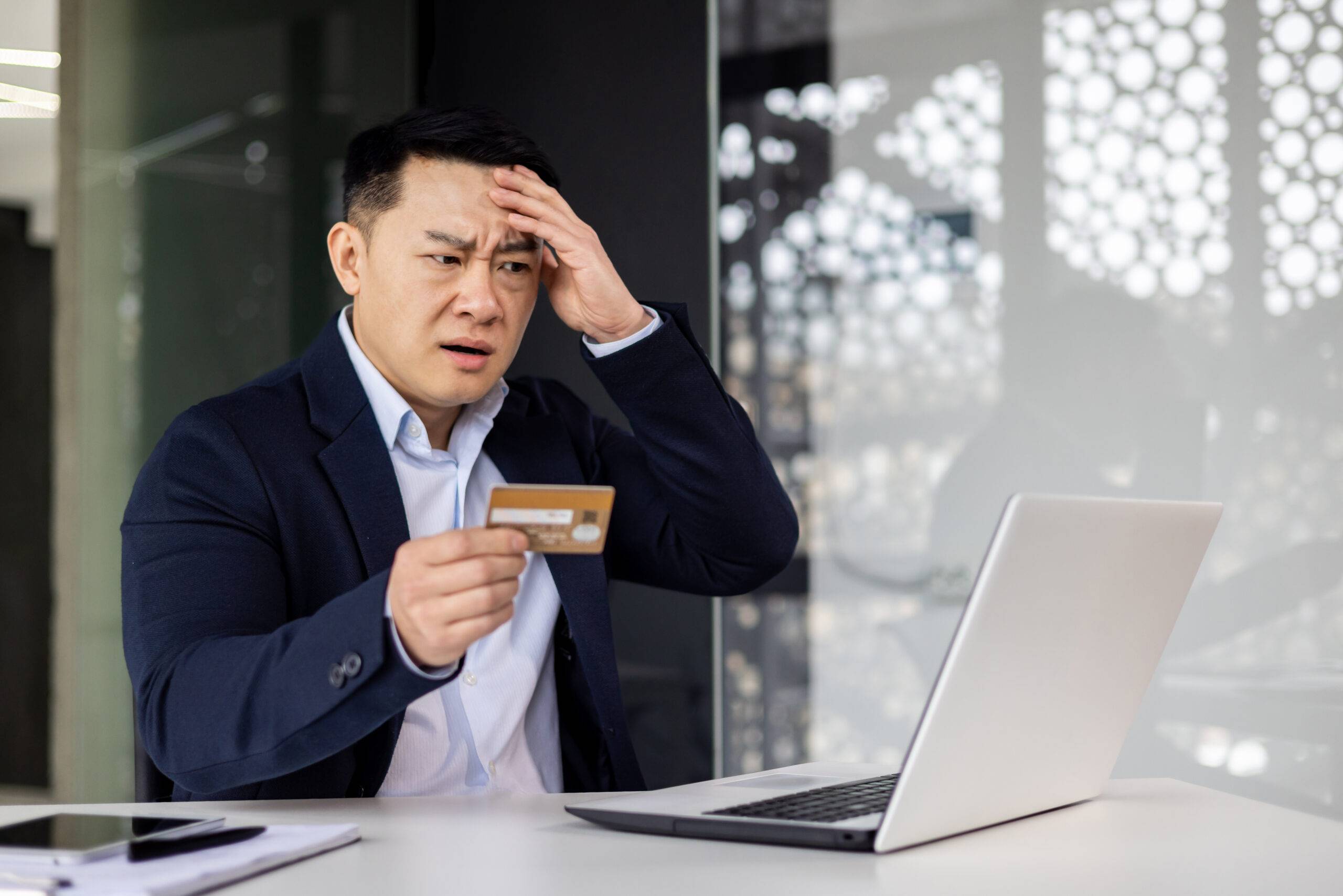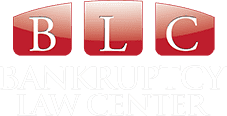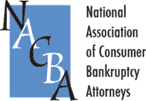
UNSECURED DEBTS VS SECURED DEBTS
In a Chapter 7 Bankruptcy, a person’s unsecured debts are discharged. A discharge is a legal excuse from having to pay back those debts. In a Chapter 7 Bankruptcy unsecured debts are discharged, and a person’s secured debt are not affected (except Unsecured debts consist of credit cards, medical bills, personal loans, and other debts which are not directly related to property which was purchased by the loan. An unsecured creditor is a creditor which is not a preferential creditor and which does not have the benefit of any collateral security interest in an asset of the borrower. The opposite of an unsecured debt is a secured debt. A secured debt is a debt which possesses an interest in some type of collateral (asset) which the debtor (borrower) possesses.
An example of a secured debt would be a car payment, mortgage payment, or boat payment. When someone does not pay a secured debt payment, the creditor (bank) can repossess or foreclose on the property and take possession of the security interest (property put up as collateral). When someone defaults (fails to make the payments) on a unsecured debt (i.e. credit card payment, personal loan), the creditor cannot do anything except go after the debtor personally. The creditor cannot repossess the clothes a debtor bought at a department store with their credit card, because credit card debt is unsecured.









